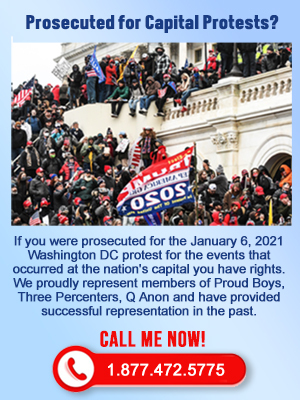Under the laws of New York, people may be accused of engaging in an act of welfare fraud when they take public assistance benefits through fraudulent means. Welfare is a term that is used to describe the public benefits or relief that is paid to individuals in the United States who show need based on their age, financial status, disability, or another factor. Welfare may also include the supplement nutrition assistance program and aid to families with dependent children.
Any individual who willfully lies about their entitlement to or need for welfare is actively engaging in welfare fraud. The lies that are given may relate to the person’s earnings, financial need, living situation, or marital status. What’s more, a case of welfare fraud could also include failing to disclose certain information, such as a crucial change in circumstances.
Laws and Penalties
In New York, the issue of welfare fraud is federally covered under section 608a of the 42 US Code. Under the statutes of state welfare, as well as general criminal statutes that regard issues such as perjury and theft, it is possible to impose penalties upon individuals who are convicted of welfare fraud. These penalties might include a demand to repay the money that was taken, imprisonment, fines, and other issues dealing with money that was fraudulently received. Federal law states that criminal penalties can be imposed, and the people who are convicted of welfare fraud may also be banned from using the same benefits for a period of time.
Importantly, when people are accused of welfare fraud in New York, there are a number of guidelines for sentencing that must be considered, based on the type of welfare that was defrauded, the value or amount of the fraud action, and how long they defrauded the government for. The personal circumstances of a specific defendant might also come into play. However, if a person is convicted of welfare fraud, this does not mean that any family members will be disqualified from further applications for welfare.
Often, in welfare fraud circumstances, one of the most important factors dictating the severity of the penalty is how many times a person has committed the offense. While welfare fraud in the fifth degree is a class A misdemeanor that is punishable by up to one year in jail, Welfare fraud in the first degree is a class B felony that may be punished with a sentence of twenty-five years in prison.
Welfare Fraud Defenses
The defenses that might be used to protect a defendant against an accusation of welfare fraud are similar to the same defenses that are used for other forms of illegal fraud. For example:
- Insufficient evidence – it is up to the prosecutor in the case to prove that the fraud has taken place. It is often difficult to supply enough evidence in many welfare fraud cases. However, if evidence can be supplied, then an insufficient evidence defense would not work.
- Absence of intent – Fraud includes an action that was intended to deceive for financial benefit. If a lawyer can prove that fraudulent actions were undertaken without any intent to deceive or commit a crime, this might be enough to allow for a charge of welfare fraud to be dropped.
- Accidental fraud – It is possible that the information given on an application for welfare was not given with the intention for fraud. Sometimes, false statements aren’t necessarily fraudulent, and mere expressions of opinion cannot be considered as fraud.
- Entrapment – It also possible for a lawyer to make an argument that a defendant was somehow coerced into taking part in an issue of Welfare fraud. However, this is often not a very successful form of defense.
Statute of Limitations
Statutes of limitations apply differently to different crimes. While the statute of limitations regarding fraud, and specifically welfare fraud, differs according to the state you are in, most follow a statute of five years. The State of New York currently holds a five-year statute of limitations on fraud actions. However, it is worth noting that the five-year countdown starts from the date on which the fraud was discovered, rather than from the date the fraud was committed. It’s also important to note that the statute can be extended for a range of different reasons. For example, the statute might be tolled if the offender in question is out of the country, or the state.
